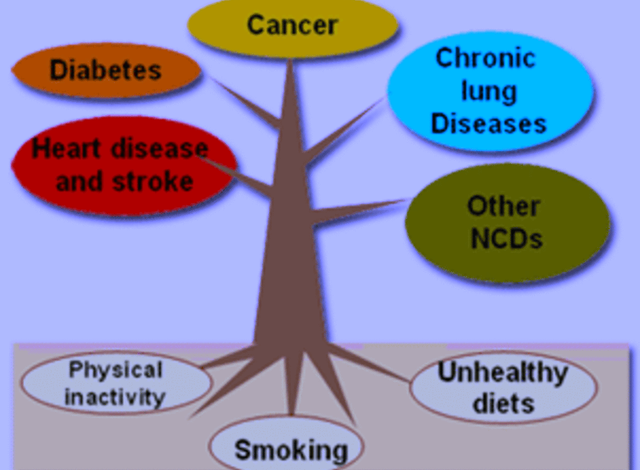Significant gains in NCDs fight

DODOMA: STRATEGIC interventions implemented by the government to prevent and control Non-Communicable Diseases (NCDs) are beginning to produce encouraging results, with recent research indicating a notable decline in several chronic conditions, including diabetes.
The Minister for Health, Ms Jenista Mhagama, informed the National Assembly on Tuesday that findings from the 2024 survey on NCD risk factors, conducted by the National Institute for Medical Research (NIMR), reveal a decrease in the prevalence of both diabetes and high blood pressure.
According to the data, diabetes prevalence in the community dropped significantly from 9.1 per cent in 2012 to 2.9 per cent in 2023. Similarly, high blood pressure cases declined from 26 per cent in 2012 to 22 per cent in 2023.
“This improvement may be attributed to the reduced consumption of alcohol, which fell from 29.3 per cent in 2012 to 20 per cent in 2023, and a drop in tobacco use from 14.1 per cent to 10 per cent over the same period,” stated Minister Mhagama.
She further highlighted that the survey also recorded an increase in physical activity among the population.
However, she noted with concern that rates of overweight and obesity have risen—from 26.0 per cent in 2012 to 30.8 per cent in 2023.
Ms Mhagama also cited World Health Organisation (WHO) reports, which show an increase in cancer cases—from 40,464 in 2020 to 44,931 in 2022. Cancer-related deaths also rose, from 26,945 in 2020 to 29,743 in 2022.
ALSO READ: Government intensifies war against NCDs
To address these challenges, the government has rolled out a range of measures aimed at preventing and managing NCDs such as diabetes, cardiovascular conditions (including hypertension), cancer, chronic respiratory illnesses, mental health disorders, Sickle Cell disease, visual impairments and kidney diseases.
These interventions include the promotion of physical activity, control of tobacco use, reduction of excessive alcohol consumption, and encouragement of healthy eating habits—especially limiting the intake of salt, sugar and fats.
Further efforts involve strengthening mental health and eye care services, raising public awareness about risk factors, and expanding access to treatment services that include rehabilitation and palliative care.
The minister noted that NCD control efforts have been scaled up across all levels—community, school and workplace settings. Between July 2024 and March 2025, an estimated 20 million people received education on NCDs and preventive strategies through various platforms.
Initiatives included the distribution of 15,050 printed copies of the Healthy Lifestyle Handbook, public awareness campaigns targeting diabetes and substance abuse, and the dissemination of over 10,000 informative messages and videos via social media.
Minister Mhagama also noted that increased investment in the fight against NCDs has significantly improved early detection both in health facilities and at community level, contributing to a decline in NCDrelated fatalities.
She cited data from the District Health Information Software (DHIS-2), which recorded a 12 per cent decrease in deaths caused by high blood pressure—from 502 to 439—between July 2024 and March 2025 compared to the same period in the previous year.
ALSO READ: Workers urged to do exercises to fight against NCDs
As of March 2025, a total of 73 health facilities nationwide had been accredited to provide dialysis services, including regional and zonal referral hospitals, specialist hospitals, the national hospital, and selected private hospitals.
“The availability of dialysis services closer to communities has saved lives and significantly reduced the cost of treatment for patients,” she added.
She further stated that the government, through the Medical Stores Department (MSD), has continued to invest in kidney care by supplying an additional 137 dialysis machines to 15 public hospitals and ensuring a steady supply of affordable dialysis consumables. In addition, the government has strengthened kidney transplant services, with a total of 155 patients having undergone kidney transplantation by March 2025.





